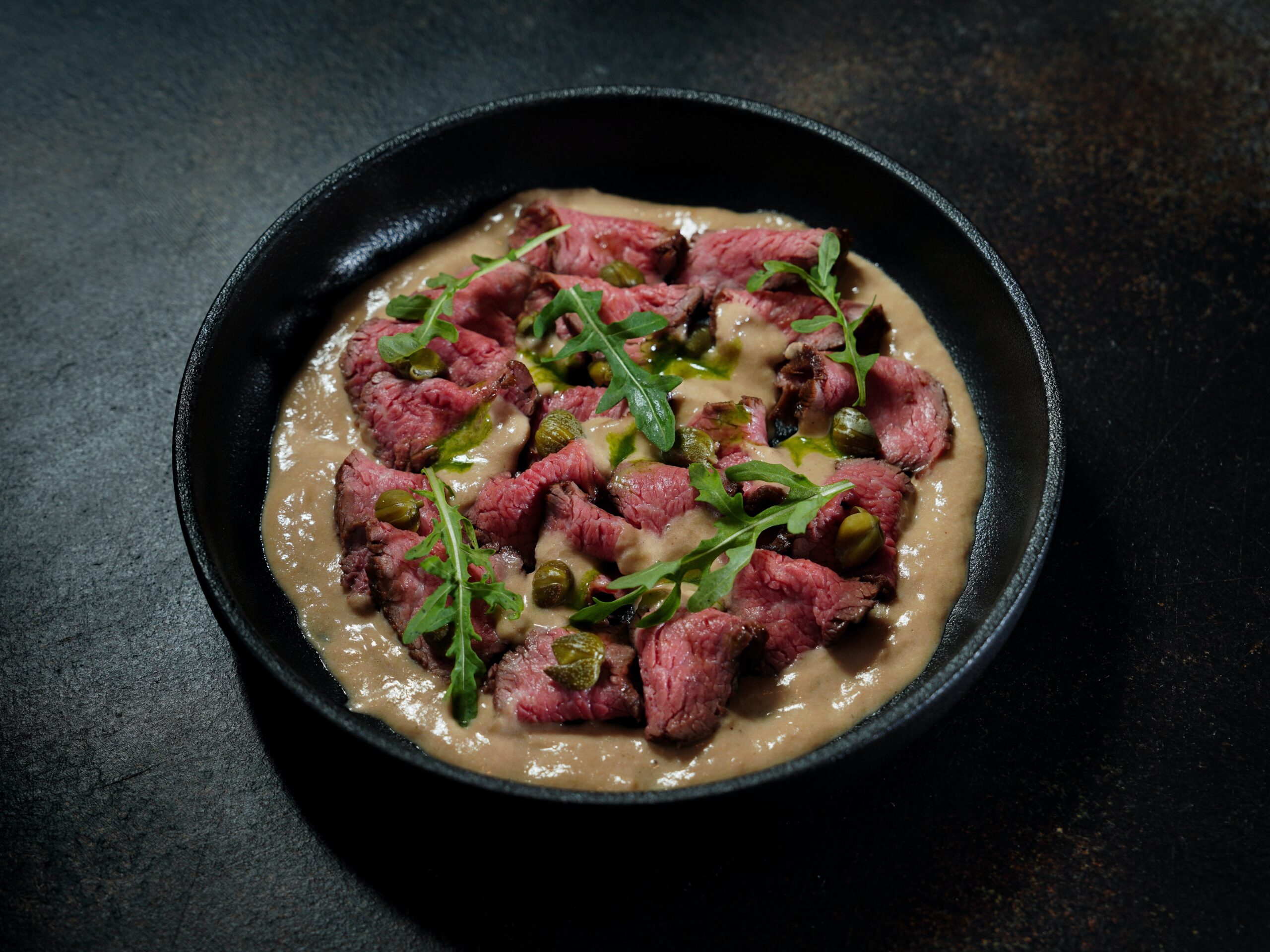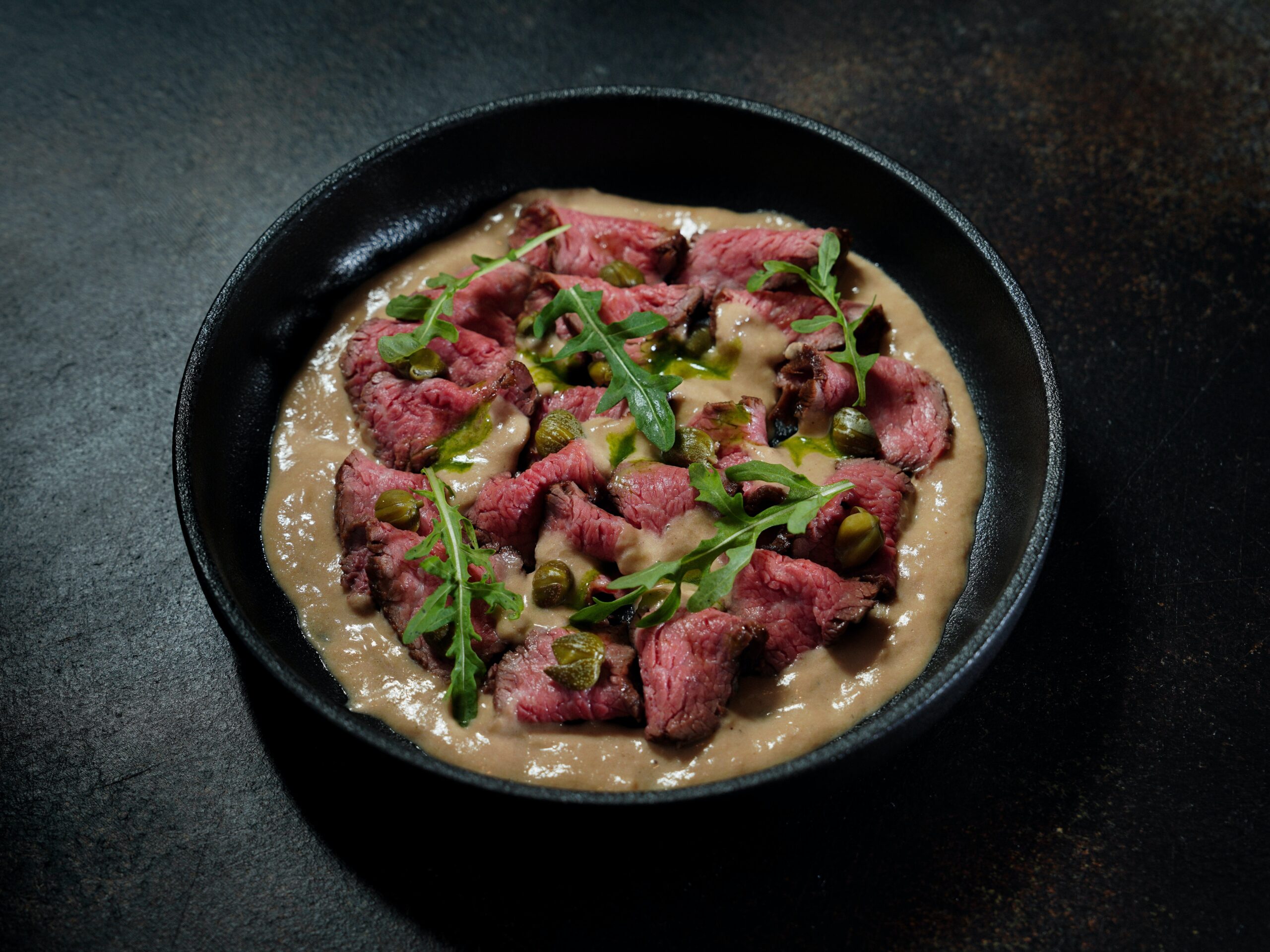Get ready to tantalize your taste buds and immerse yourself in the rich culinary traditions of India! On IndianCulture.com, you can explore the vibrant world of Indian cuisine, from the fragrant spices to the unique regional specialties. But did you know that there is a longstanding tradition of culinary competitions in India? These competitions showcase the immense talent and creativity of Indian chefs, who compete to create mouthwatering dishes that not only taste incredible but also reflect the diverse flavors of the country. Step into this captivating world where culinary skill and cultural heritage come together to create culinary masterpieces.

The History of Indian Culinary Competitions
Origins of culinary competitions in India
Culinary competitions have been a part of Indian culture for centuries. The tradition of showcasing culinary skills and creativity dates back to ancient times when royal households would hold cooking competitions to determine the best chefs in the kingdom. These competitions were not only a test of culinary prowess but also a way of showcasing the wealth and abundance of the kingdom.
Evolution and development over the years
Over the years, culinary competitions in India have evolved and adapted to reflect the changing times. In the early days, these competitions were mainly limited to royalty and elite classes. However, with the advent of cooking shows on television and the rise of celebrity chefs, culinary competitions have become more accessible and popular among the general public.
Significance of culinary competitions in Indian culture
Culinary competitions hold immense significance in Indian culture. They serve as a platform for chefs to showcase their skills, creativity, and knowledge of traditional Indian cuisine. These competitions not only encourage participation and healthy competition but also promote the preservation and innovation of Indian culinary traditions.
Different Types of Indian Culinary Competitions
Regional cooking competitions
India is known for its diversity in culture and cuisine. Each region in the country has its own unique culinary traditions and flavors. Regional cooking competitions celebrate this diversity and provide a platform for chefs to showcase their region-specific dishes. These competitions often include categories such as North Indian cuisine, South Indian cuisine, and regional specialties.
National cooking competitions
National cooking competitions bring together the best culinary talents from across the country. These competitions attract participants from various states and regions, creating a melting pot of flavors and techniques. The competition is fierce, and winning a national culinary competition is considered a prestigious achievement.
International cooking competitions hosted in India
India has also been a host to several international cooking competitions, where chefs from around the world come to showcase their skills and compete against each other. These competitions not only promote cultural exchange but also help elevate the status of Indian cuisine on a global platform.

Prominent Indian Culinary Competitions
National-level culinary competitions
National-level culinary competitions like the “India’s Best Chef” and “Chef of the Year” attract talented chefs from all over the country. These competitions test the participants’ skills, knowledge, and ability to work under pressure. The winners of these competitions often go on to represent India at international cooking competitions.
MasterChef India
MasterChef India is perhaps the most well-known culinary competition in the country. Adapted from the internationally acclaimed television series, MasterChef India provides amateur chefs with an opportunity to showcase their talent and passion for cooking. This competition has played a significant role in popularizing cooking as a career choice among the younger generation.
Food festivals and cook-offs
Food festivals and cook-offs are another popular form of culinary competitions in India. These events bring together food enthusiasts, home cooks, and professional chefs to showcase their culinary skills and creativity. These competitions often focus on specific themes or ingredients, creating an environment of exploration and innovation.
The Role of Culinary Competitions in Preserving Indian Cuisine
Revival and preservation of traditional cooking techniques
Culinary competitions play a vital role in preserving traditional Indian cooking techniques. Through these competitions, chefs have the opportunity to experiment with and showcase recipes that might otherwise be forgotten or lost over time. This ensures that these traditional techniques are passed down from one generation to the next.
Promotion of local and indigenous ingredients
Indian culinary competitions are a platform for highlighting the importance of using local and indigenous ingredients. Chefs often create innovative dishes using ingredients unique to their region, promoting sustainability and encouraging the use of locally sourced produce. This focus on local ingredients helps preserve the rich diversity of Indian cuisine.
Preserving culinary knowledge and passing it to future generations
Culinary competitions serve as a means of preserving the vast knowledge and expertise of Indian cuisine. By participating in these competitions, chefs have the opportunity to learn from each other, exchange ideas, and pass on their culinary knowledge to future generations. The competition environment fosters a sense of camaraderie and mentorship, allowing younger chefs to learn from established veterans.

The Judging Criteria in Indian Culinary Competitions
Taste
Taste is perhaps the most important criterion in Indian culinary competitions. Judges evaluate the dishes based on flavor profiles, balance of spices, and overall palatability. The dishes must not only taste delicious but also represent the essence of Indian cuisine.
Presentation and plating
In addition to taste, the presentation and plating of dishes are given significant weightage in culinary competitions. Chefs are expected to showcase their creativity and attention to detail through visually appealing presentations. The use of traditional Indian serving ware and garnishes adds an extra layer of authenticity to the dishes.
Skill and technique
The skill and technique of the chefs are evaluated based on the execution of the dishes. Judges look for precision in cutting, cooking methods, and overall culinary expertise. The ability to demonstrate advanced cooking techniques, such as tempering spices or preparing complex sauces, can give participants an edge in the competition.
Innovation and creativity
Culinary competitions encourage chefs to think outside the box and push the boundaries of traditional Indian cuisine. Judges place importance on innovation and creativity, rewarding participants who bring fresh perspectives and unique flavor combinations to their dishes. Experimentation with fusion cuisine or incorporating modern cooking techniques into traditional recipes is highly valued.
Challenges Faced by Participants in Indian Culinary Competitions
Time constraints
One of the main challenges faced by participants in Indian culinary competitions is the limited time they have to prepare their dishes. Competitors must demonstrate excellent time management skills to complete complex recipes within the given timeframe. The ability to work efficiently under pressure is crucial in these high-stakes competitions.
Intense competition
The level of competition in Indian culinary competitions is often intense. Participants compete against some of the most talented chefs in the country, making it a challenging environment. The pressure to outperform competitors and meet the judges’ expectations can be overwhelming, requiring participants to bring their A-game.
Balancing creativity and tradition
Indian culinary competitions often require participants to strike a balance between creativity and tradition. While innovation is encouraged, chefs must also stay true to the fundamentals of Indian cuisine. Finding the perfect harmony between experimenting with new flavors and techniques while honoring the roots of Indian cooking can be a delicate task.
Famous Indian Chefs Who Emerged from Culinary Competitions
Sanjeev Kapoor
Sanjeev Kapoor, arguably India’s most famous chef, first gained recognition through his participation in a culinary competition. His innovative approach to traditional Indian dishes and ability to connect with audiences made him a household name. Kapoor went on to host several successful cooking shows and author numerous cookbooks, establishing himself as an icon in the world of Indian cuisine.
Vikas Khanna
Vikas Khanna, a Michelin-starred chef, rose to fame after participating in the reality cooking show “MasterChef India.” His exceptional culinary skills, combined with his humble personality, endeared him to audiences. Khanna has since become a global ambassador for Indian cuisine and has brought Indian flavors to the kitchens of prestigious international restaurants.
Shipra Khanna
Shipra Khanna, winner of the second season of “MasterChef India,” quickly became a role model for aspiring chefs. Her culinary prowess, coupled with her determination and passion, propelled her to success. Khanna has since written cookbooks, hosted television shows, and opened her own restaurant, inspiring many young chefs to pursue their dreams.
The Influence of Indian Culinary Competitions on the Restaurant Industry
Inspiring innovative menus and dishes
Indian culinary competitions have had a significant influence on the restaurant industry by inspiring chefs to create innovative menus and dishes. Winning recipes from these competitions often make their way into restaurant menus, offering patrons a taste of the unique creations that emerged from the competitions. This constant flow of new ideas keeps the culinary scene fresh and exciting.
Raising the standard of Indian cuisine
The level of competition in Indian culinary competitions has raised the standard of Indian cuisine as a whole. Chefs are constantly pushing the boundaries, experimenting with new techniques, and elevating traditional recipes. This quest for excellence has led to a renaissance in Indian cuisine, attracting international acclaim and establishing India as a culinary destination.
Featuring winning recipes in restaurants
Restaurants often feature winning recipes from culinary competitions, giving chefs well-deserved recognition and exposure. These dishes act as a testament to the exceptional skills and creativity displayed in the competitions. Customers get the opportunity to taste award-winning dishes and experience the culinary expertise of the chefs firsthand.
The Economic Impact of Indian Culinary Competitions
Boosting tourism and interest in Indian cuisine
Indian culinary competitions have a significant economic impact by boosting tourism and generating interest in Indian cuisine. As these competitions gain popularity, tourists from around the world visit India to experience the diverse flavors and culinary traditions. This influx of tourists contributes to the local economy, benefiting restaurants, hotels, and food-related businesses.
Creating job opportunities
The growing popularity of culinary competitions has created numerous job opportunities within the food industry. From event organizers to judges, chefs, and culinary assistants, these competitions require a dedicated workforce. This has led to an increase in employment opportunities and the growth of the hospitality and culinary sectors.
Promotion of food-related businesses
Indian culinary competitions provide a platform for food-related businesses to showcase their products and services. From spice manufacturers to kitchen equipment suppliers, sponsors of these competitions gain visibility and exposure to a wide audience. This exposure often leads to increased sales and partnerships, benefitting the overall growth of the industry.
Criticism and Controversies Surrounding Indian Culinary Competitions
Lack of representation of regional cuisines
While Indian culinary competitions celebrate the diversity of regional cuisines, some critics argue that certain regions and their culinary traditions are overshadowed. The focus on popular dishes from North India and metropolitan cities often neglects the vast array of flavors found in other parts of the country. Efforts are being made to address this issue and ensure fair representation of all regional cuisines.
Questioning authenticity and cultural appropriation
As Indian cuisine becomes more popular globally, culinary competitions often face criticisms regarding authenticity and cultural appropriation. Some argue that participants may modify traditional recipes to cater to international tastes, diluting the essence of Indian cuisine. It is important for participants and judges to strike a balance between innovation and respect for the cultural roots of the dishes.
Bias in judging and favoritism
Like any competition, Indian culinary competitions have faced accusations of bias and favoritism in judging. Critics argue that personal connections or popularity may influence the judging process, potentially overlooking deserving participants. Transparency and impartiality in the judging process are crucial to maintain the integrity of these competitions and address concerns of bias.
In conclusion, Indian culinary competitions have a rich history and play a significant role in preserving and promoting the diverse and flavorful cuisine of India. These competitions not only showcase the culinary talents of participants but also inspire innovation and elevate the standard of Indian cuisine. Despite some criticisms and controversies, the economic and cultural impact of these competitions cannot be ignored. As the culinary scene continues to evolve, Indian culinary competitions will undoubtedly continue to shape and celebrate the vibrant culinary heritage of the country.
